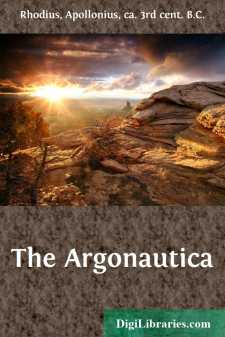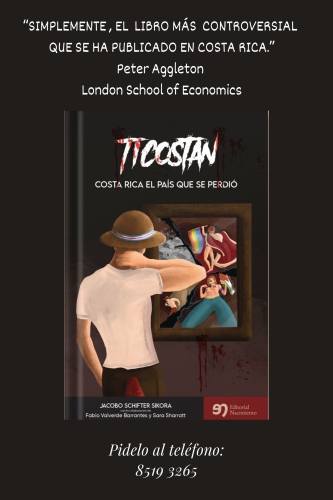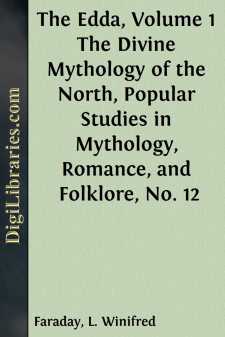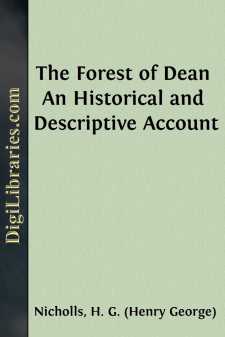Social Science
Social Science Books
Sort by:
INTRODUCTION Much has been written about the chronology of Alexandrian literature and the famous Library, founded by Ptolemy Soter, but the dates of the chief writers are still matters of conjecture. The birth of Apollonius Rhodius is placed by scholars at various times between 296 and 260 B.C., while the year of his death is equally uncertain. In fact, we have very little information on the subject....
more...
by:
Jacobo Schifter
Un libro polémico acerca de los mitos sobre el país de "Pura Vida" que abarca una crítica mordaz a la cultura woke y al movimiento lbgtq.
The Divine Mythology of the North The Icelandic Eddas are the only vernacular record of Germanic heathendom as it developed during the four centuries which in England saw the destruction of nearly all traces of the heathen system. The so-called Elder Edda is a collection of some thirty poems, mythic and heroic in substance, interspersed with short pieces of prose, which survives in a thirteenth-century...
more...
by:
Andrew Lang
PREFACE The author would scarcely have penned this little specimen of what Scott called “antiquarian old womanries,” but for the interest which he takes in the universally diffused archaic patterns on rocks and stones, which offer a singular proof of the identity of the working of the human mind. Anthropology and folklore are the natural companions and aids of prehistoric and proto-historic...
more...
CERBERUS, THE DOG OF HADES Hermes, the guide of the dead, brings to Pluto's kingdom their psyches, "that gibber like bats, as they fare down the dank ways, past the streams of Okeanos, past the gates of the sun and the land of dreams, to the meadow of asphodel in the dark realm of Hades, where dwell the souls, the phantoms of men outworn." So begins the twenty-fourth book of the Odyssey....
more...
NARRATIVE OF MR. CAULKINS. I feel it my duty to tell some things that I know about slavery, in order, if possible, to awaken more feeling at the North in behalf of the slave. The treatment of the slaves on the plantations where I had the greatest opportunity of getting knowledge, was not so bad as that on some neighboring estates, where the owners were noted for their cruelty. There were, however,...
more...
by:
Eliot Gregory
There existed formerly, in diplomatic circles, a curious custom, since fallen into disuse, entitled the Pêle Mêle, contrived doubtless by some distracted Master of Ceremonies to quell the endless jealousies and quarrels for precedence between courtiers and diplomatists of contending pretensions. Under this rule no rank was recognized, each person being allowed at banquet, fête, or other public...
more...
CHAPTER I.a.d. 1307–1612. Origin of the name “Dean”?—The “Buck Stone,” and other Druidical remains—“The Scowles,” &c., and other ancient iron-mines, worked in the time of the Romans—Symmond’s Yat, and other military earthworks—Domesday Book, and investment of this Forest in the Crown—William I., and probable date of Free Miners’ Franchise—Castle of St. Briavel’s...
more...
CHAPTER I. THE WIDE EXTENT OF SLAVERY. Slavery still exists throughout a large portion of what we are accustomed to regard as the civilized world. In some countries, men are forced to take the chance of a lottery for the determination of the question whether they shall or shall not be transported to distant and unhealthy countries, there most probably to perish, leaving behind them impoverished mothers...
more...
by:
Thomas Clarkson
PART I. When civilized, as well as barbarous nations, have been found, through a long succession of ages, uniformly to concur in the same customs, there seems to arise a presumption, that such customs are not only eminently useful, but are founded also on the principles of justice. Such is the case with respect to Slavery: it has had the concurrence of all the nations, which history has recorded, and...
more...











